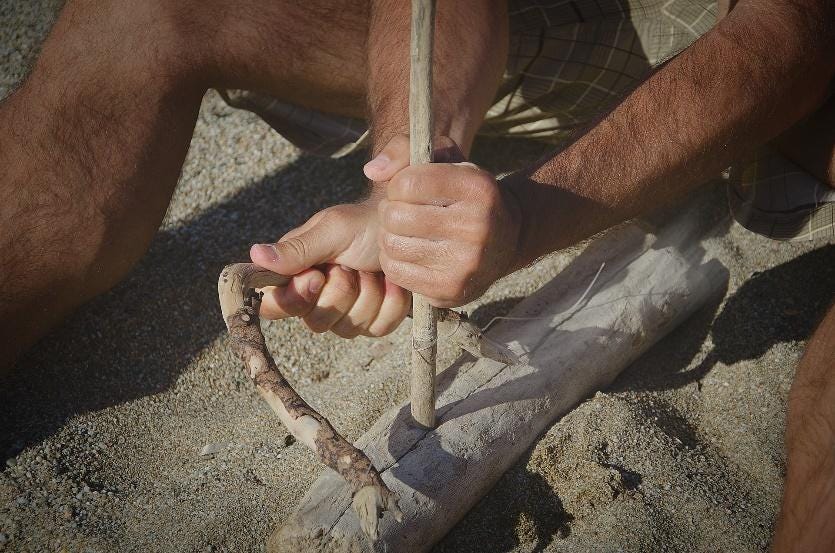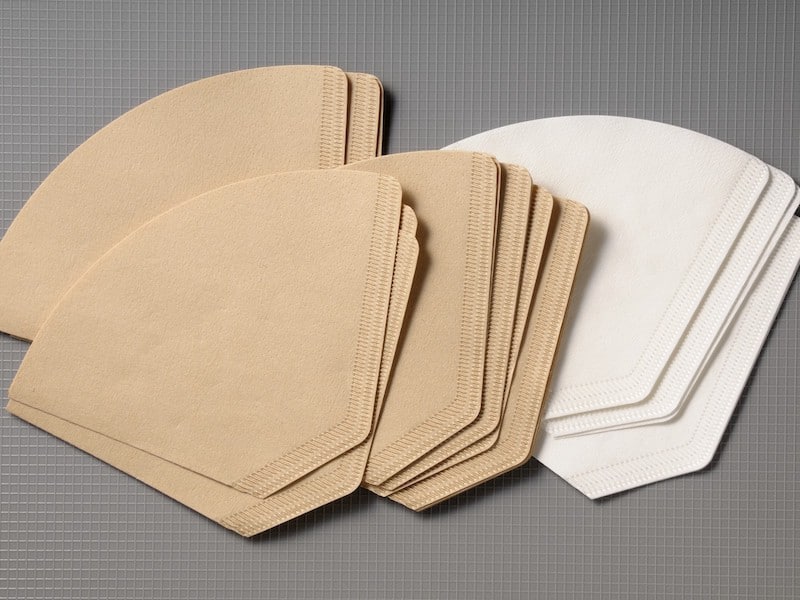13 Bushcraft Uses for Coconut Oil
I know for a fact that no man has ever seen coconut oil being used for other stuff than scrubs, facial masks, and the occasional fancy dinner with an Asian twist. If I had been called to write an article a couple of years ago, I would have dismissed the task, arguing that I and beauty just don’t mix (keep thinking why my wife picked me in the first place; lost wager, I gather).
Anyway, since I turned to prep, I discovered that coconut oil could be used for tons of other stuff. And no, it’s no unmanly to go and stock up on this stuff.
Need more convincing? No problem there. Here are 13 ways to use coconut oil in those situations when your ass is on the line.
First-aid
Because coconut oil’s packed with nutrients and more good stuff, it can successfully be used to treat all sorts of medical emergencies. For instance, when applied to a limb with edema, it will reduce inflammation and enhance tissue regenerations. In its watered-down form, coconut oil can be used to deal with yeast infections and common viruses.
Moreover, since study has shown that oil extracted from coconut shell has a strong anti-protozoa effect, it can be employed to treat giardia, a parasite known to lurk in untreated waters. Fever? No problem. Just use a coconut oil extract, and you’re good to go. The same substance’s good against viral infections and various skin conditions produced by bacteria.
Get rid of that beard
Sure, there’s nothing manlier than a beard, but, man, that thing itches like Hell. Well, if you decide on getting rid of that beard and have no shaving cream on hand, you can always use a bit of coconut oil. Yes, yes, I know that it sounds like I’m giving you beauty advice or something, but the truth of the matter is that this stuff’s way better than regular cream.
Apart from the fact that it moisturizes your face, it makes the blade slide across your face like it was an Olympic skater. Best of all, you won’t cut yourself.
No more stuffy nose from allergies
Feel like your nose just doubled in size on account of your allergy? No problem. Take a big bowl, pour hot water, and add some coconut oil. Put a towel over your head and inhale. After a couple of minutes, you’ll feel like a newborn.
Foot care
Sore feet? Blisters? Wash the area thoroughly and apply a thin layer of coconut oil.
Repel nasty smells
If you ever run out of deodorant, you can always use a little bit of coco oil. Rub a little bit under your armpits, and you’re good to go. Since it has a great anti-microbial effect, it will effectively kill all bacteria that produce that foul smell. Just don’t coconut oil instead of showers.
Give those gums a good massage
Commercial toothpaste can easily be replaced with a homemade concoction made of equal parts coconut oil and baking soda. Might not taste that good, but at least it gets the job done.
For when the tummy starts growling
I really don’t care that much about carrying veggie oil or butter during hiking. Still, as the beast has to be fed, a stove-cooked meal would be just the thing to put the twinkle back in those peepers. So, if you don’t want to burden yourself with oil or a loaf of butter, grab a small can of coconut oil. Yes, I know exactly how it sounds, but coco oil is an excellent substitute for the regular variety.
Get the juices going
Ever felt like you’re about to fall off your feet but you can’t because you still have tons of shit to do? Well, you can now rest easily because I have just the thing you need to replenish that lost energy: coconut oil. Take a teaspoon of this stuff on an empty stomach, and you’ll have enough juju to move mountains (don’t know about splitting the sea in half, though).
For when Nature doesn’t come calling
Constipation’s perhaps the nastiest thing that could happen to you. Sure, there is other bad stuff out there, but believe me, there’s nothing worse than feeling that you’re more stuffed than a pinata. So, in order to get rid of constipation, just take two teaspoons of coconut oil. Since it’s packed with fibers, it will help your tummy eliminate that nasty stuff in no time.
Use as lubricant
No, not that kind of lubricant, but hey I’m not judging. If you have to deal with bolts that won’t budge or with stuck machine parts, just use a little bit of coconut oil. Of course, this is pricier compared to WD40 or Vaseline but helps if you don’t have anything else.
Waterproofing hiking gear
Thinking about wasting some more money on expensive waterproofing solutions? You may not need to. If you have a box of coconut oil lying around the house, use a little bit to waterproof your boots and coats. Works wonders on hiking boots, by the way.
Clean your eating utensils
Water’s a precious resource, no matter if you’re in the woods or the big city. So, if you’re in a situation where you have to use clean water for other purposes, know that you can use coconut oil to clean your eating utensils. And yes, it’s way better than water and dish detergent.
No more rust!
Think that vinegar’s the only thing that knows how to deal with rust? Then you haven’t seen coconut oil in action. Now, if you have stuff covered in rust, rub a little bit of coconut oil and let it sit for an hour or so. After that, rinse with plenty of water, dry with a paper towel, and you’re good to go.
Well, that about covers my favorite bushcraft uses of coconut oil. What’s your take on this? Don’t be a stranger and hit the comments section.
I know for a fact that no man has ever seen coconut oil being used for other stuff than scrubs, facial masks, and the occasional fancy dinner with an Asian






